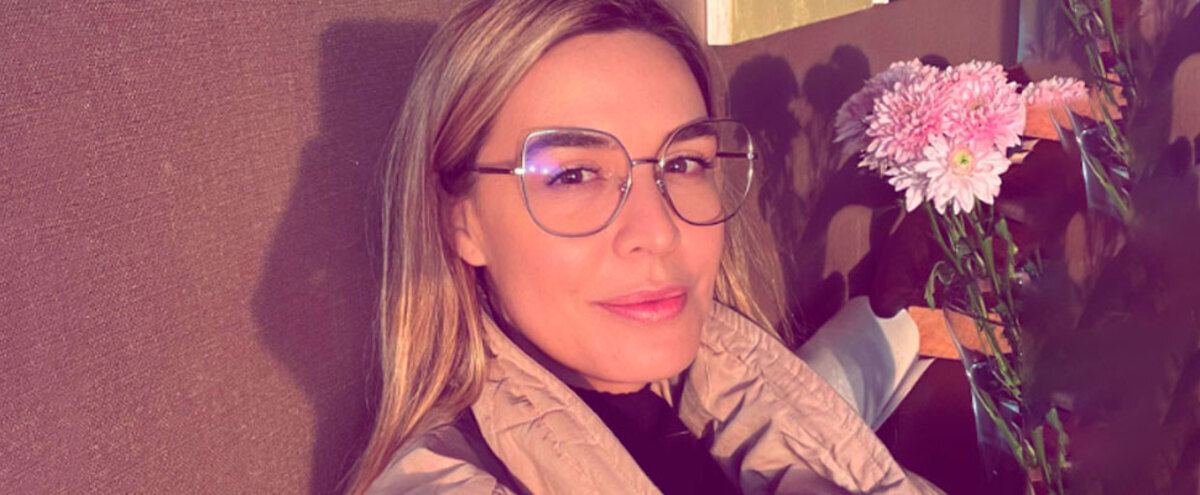Mónica Fonseca Building a Friendlier World for LGBTI
The Colombian journalist and podcaster Mónica Fonseca has made working to support feminism, inclusion, and sexual diversity priorities on her agenda.

The Woman Post | Catalina Mejía Pizano
Listen to this article
When Mónica lived in Colombia, she saw a message on a chat where one of the mothers complained she was not happy that her children were being taught inclusive language such as "todes." It is worth mentioning that the word "todes" in Spanish includes non-binary identities. She was astonished to find that other mothers supported the noninclusive comment. Mónica felt happy to find out that non-binary children were being respected and included by the school's staff and told the rest of the mothers how she felt at peace knowing that the school was promoting an inclusive environment.
In a recent interview, Mónica mentioned how becoming a mother had widened her perspective in terms of empathy and had also awakened her will to raise conversations on controversial topics such as non-binary identities. If you wonder what non-binary identities are, the term has been utilized to allude to individuals who may experience a gender identity that is neither exclusive of women or men nor between both genders. During her speeches, Mónica employs inclusive language mentioning how important it is to speak to every person in the audience and respect all gender identities.
Fonseca also mentioned that starting conversations about gender inclusion and making space for learning and solving questions should be considered a priority not only for LGBTI but for everyone that believes that equality is vital for making the world a better place. Mónica uses her social media accounts to raise awareness of sexual and gender diversity. When she receives messages congratulating her for interviewing transgender people, she often feels lucky to learn so much from them. "What's not normal is humanity teaching us the world is either black or white, forgetting about the other colors. We as human beings are in constant movement; we are living organisms," she said.
"Many people may assume that I'm heterosexual or cisgender, but no one knows how I define my identity until I speak about it. In my personal experience, I'm not interested in judging or assuming but in getting to know how others experience their identities."
Also read: WOMEN TO WATCH OUT FOR IN 2022
Another situation that opened her mind further was getting to know a friend of her son, who, at three years of age, didn't identify with any girl's stuff, and her parents sincerely supported her. "These situations have taught my family and me to recognize, accept and support diversity around us."
"Living in California has made a difference for me since there it is natural to find two mothers or two fathers with their children. They no longer feel the need to hide from society. My kid goes to school with children with two mothers or two fathers. Even though she was born to a catholic family." Mónica mentions her mother taught her to think of Jesus as a very empathetic figure and to learn that the central message of the Bible is love.
Mónica feels that everyone must talk about gender identity and diversity whether they are part of the LGBTI community or not. "The LGBTI concerns should be relevant for all of us because it helps us create a world with space for diversity and a better world for all."




